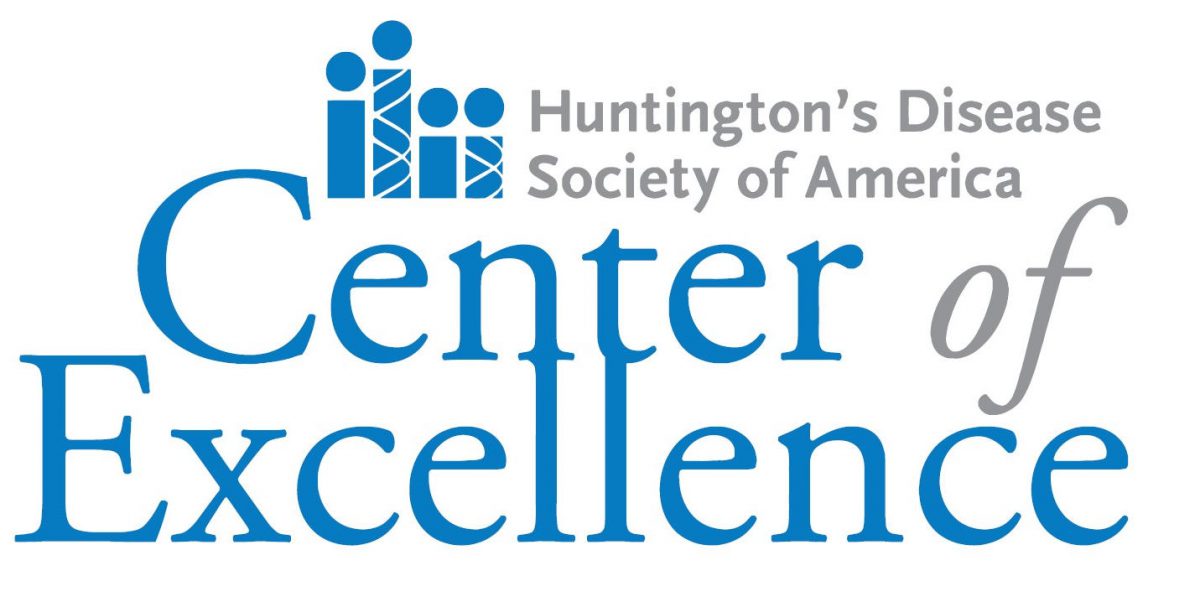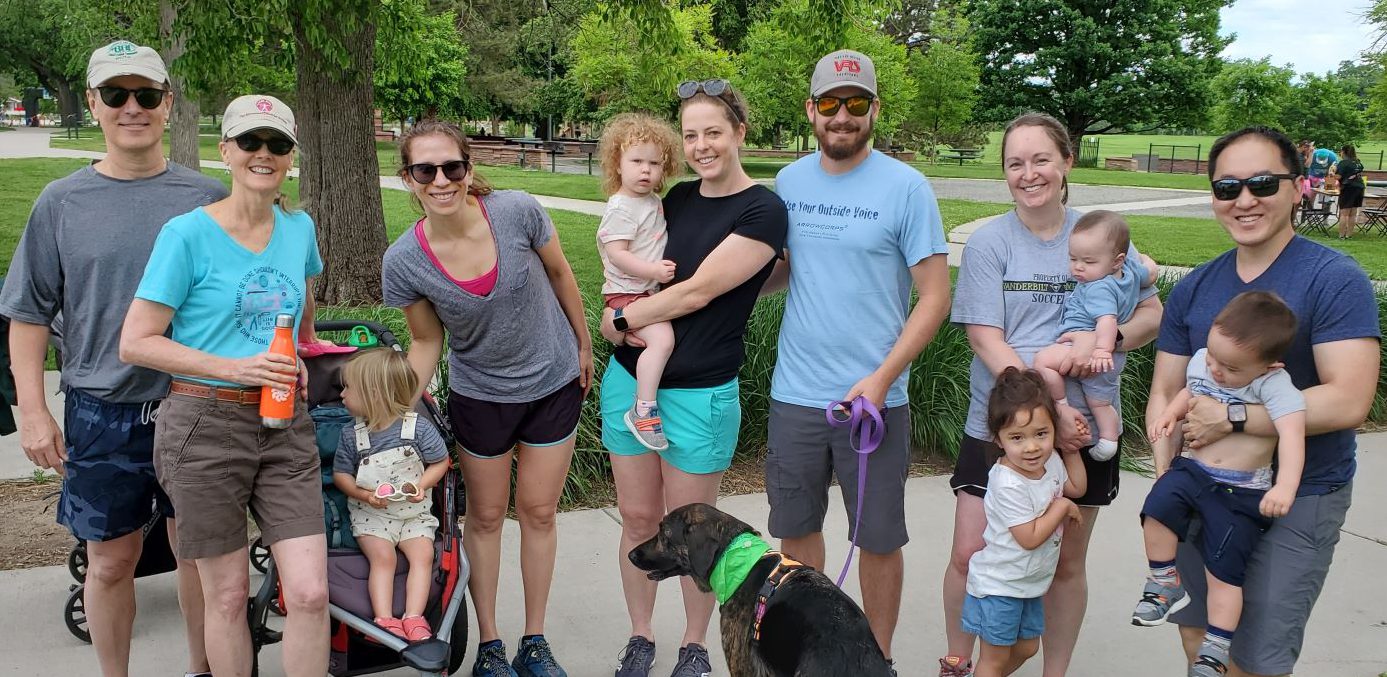MDC Receives Parkinson’s Foundation Award
The University of Colorado Movement Disorders Center received an award from the Parkinson’s Foundation for the Highest Team Participation for the Parkinson’s Foundation Palliative Care… Read More »MDC Receives Parkinson’s Foundation Award







